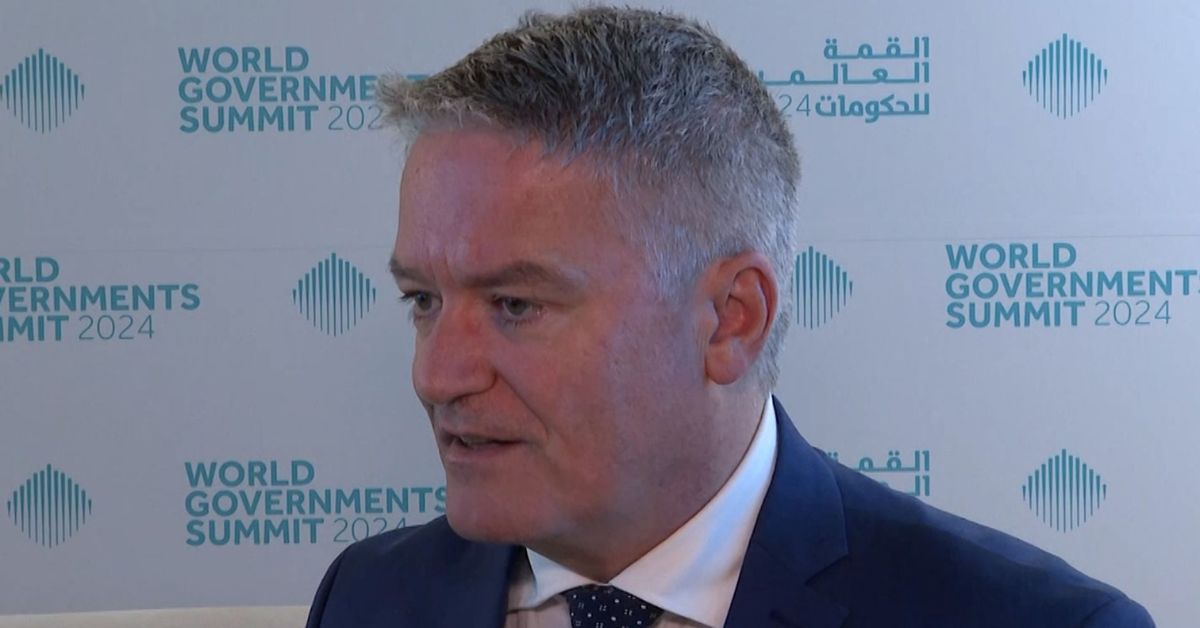DUBAI — The UAE has emerged as a significant economic leader, excelling in driving economy and governance, innovation, and serving as a crucial strategic hub in the broader Middle East, stated Mathias Cormann, Secretary-General of the Organisation for Economic Co-operation and Development (OECD).
During the World Governments Summit (WGS 2024), Cormann highlighted the event’s role in promoting innovative and creative thinking. “We’ve collaborated closely with the World Governments Summit for over a decade. It presents a vital opportunity to foster innovative thinking and concentrate on best practices. Indeed, each year, it allows us to focus keenly on the current challenges and opportunities,” he said.
Cormann expressed the OECD’s eagerness to bolster its partnership with the UAE in a variety of economic policy areas, including competition policy, governance for small and medium-sized enterprises, taxation, and increasingly, social policy areas like education and skills development.
Recognizing the WGS’s lead in devising solutions for economic advancement, Cormann emphasized the need for outstanding economic and social policies to underpin global growth. He highlighted the significance of international conferences like the World Governments Summit in foreseeing future challenges across various sectors.
Amidst this backdrop, the OECD Secretary-General noted the global economy’s continued expansion despite facing several obstacles in recent years, including the COVID-19 pandemic, showcasing its impressive resilience against a multitude of challenges.
Reflecting on the durability of the global economy amidst such trials, Cormann forecasted a growth rate of 2.9 percent for this year and 3 percent for the next.
He reiterated the critical need to tackle structural challenges, like climate change and digital transformation, and stressed the urgency of enhancing global cooperation.
Cormann highlighted the successes of the 28th Conference of the Parties (COP28) held in Expo City Dubai, especially in the area of climate financing. He pointed out the progress in establishing the Loss and Damage Fund with $700 million and exceeding commitments to climate financing, marking significant advancements in the global fight against climate change.
Emphasizing the need to address both immediate challenges and long-term structural issues, he stated, “But, we’ve got to ensure that we continue to tackle both the short-term pressures and the longer-term structural challenges ahead of us, which saw some very significant new milestones at COP28. Particularly in terms of climate finance, the operationalization of the Loss and Damage Fund provided by developed countries worldwide represents significant progress towards the $100 billion climate finance commitment.”
He added, “So it’s about accelerating growth, and based on the preliminary data we’ve seen, the $100 billion target was actually met and exceeded in 2022.”
Cormann reiterated the critical role of climate finance in supporting global emission reduction efforts, highlighting the importance of continued collaboration and innovation in facing global challenges.
“One of the main challenges is ensuring there are enough projects worldwide to utilize that climate finance effectively, optimizing the impact on emissions reduction,” he said.








